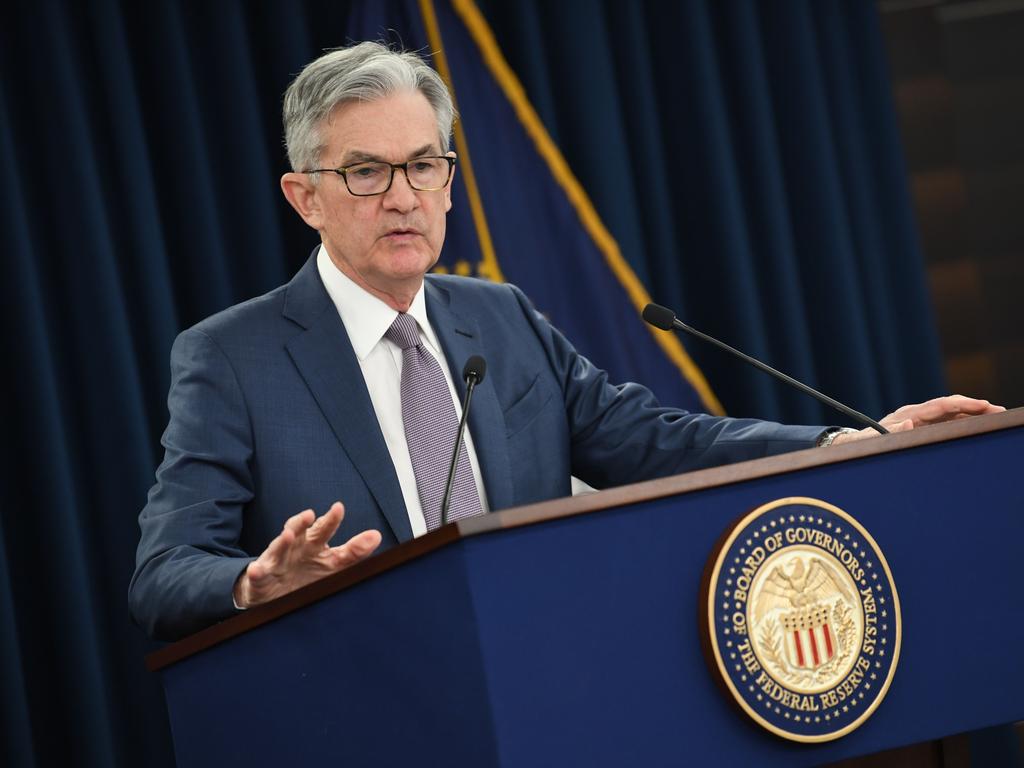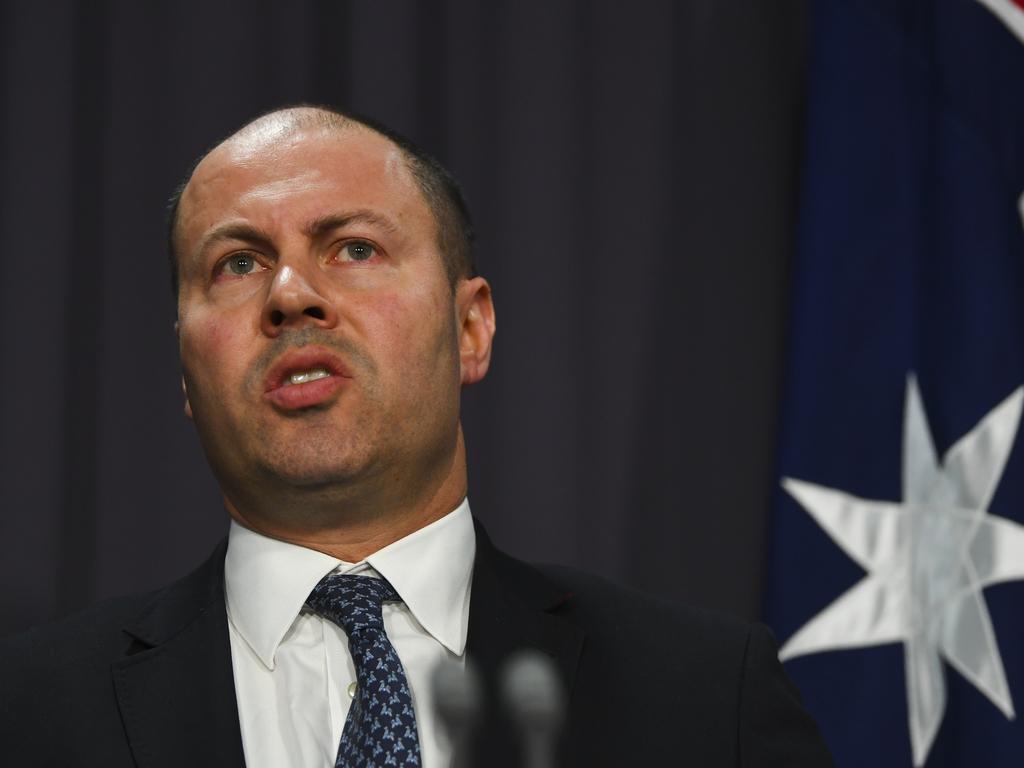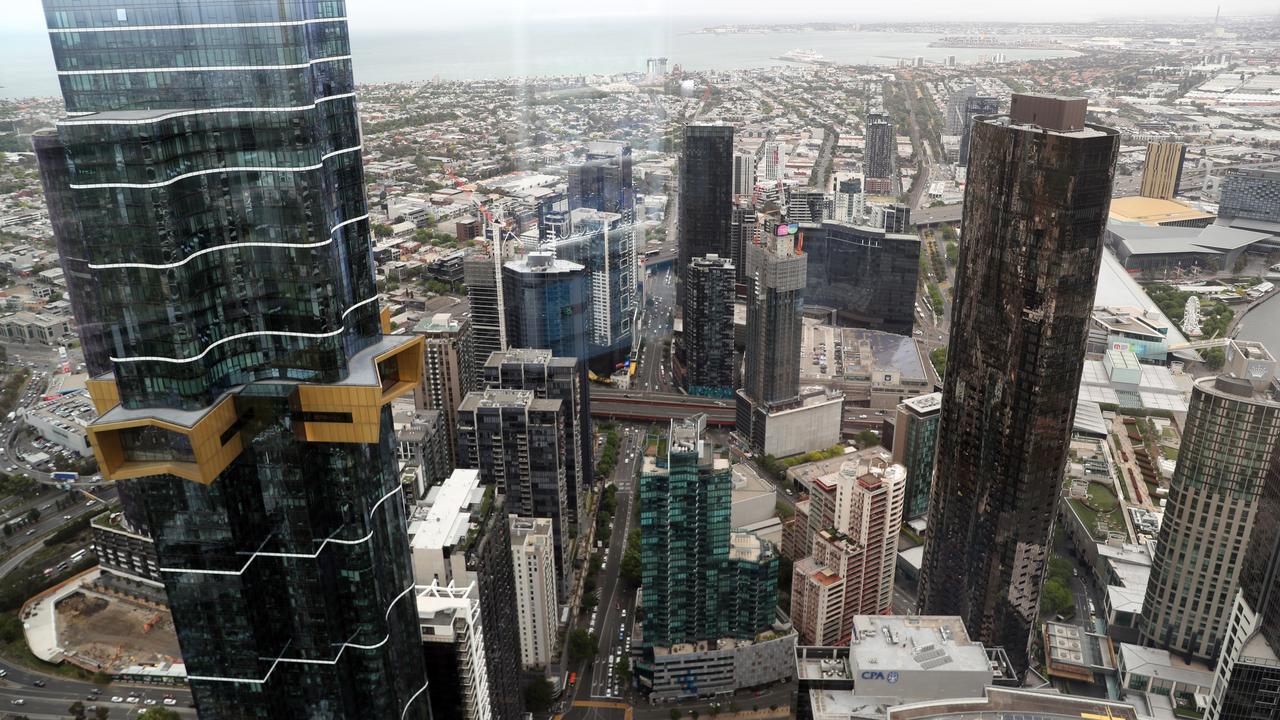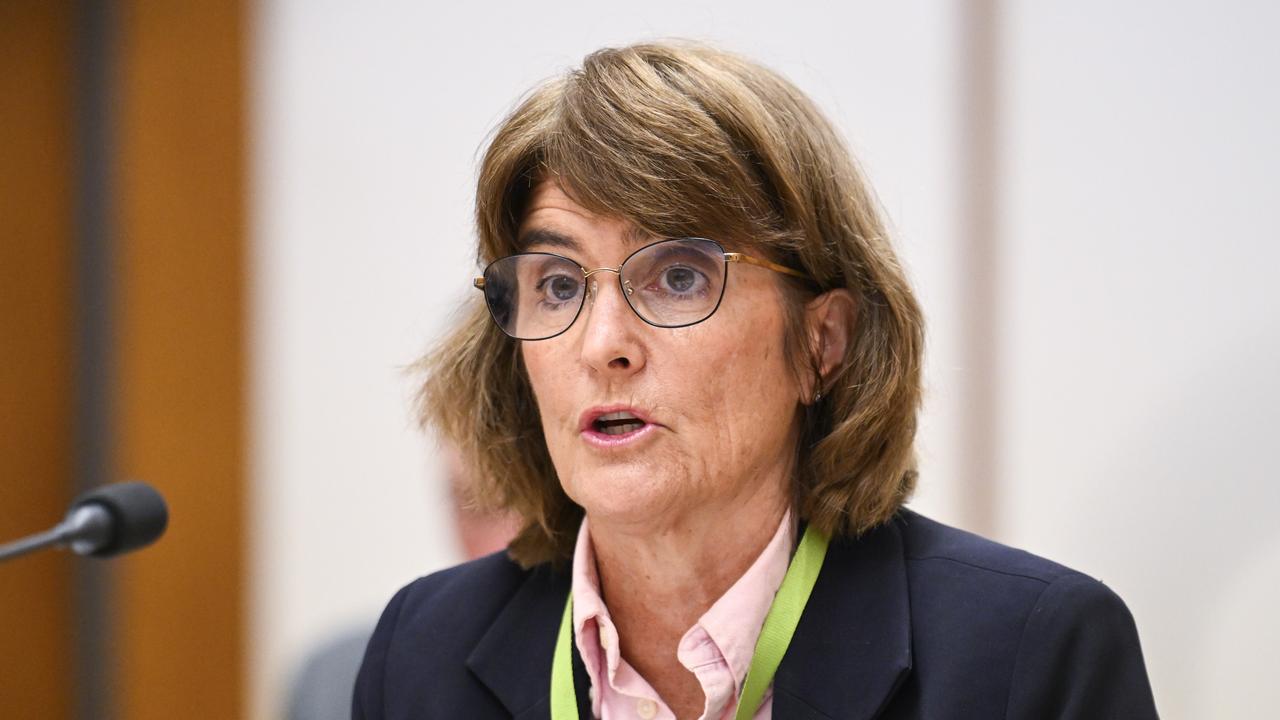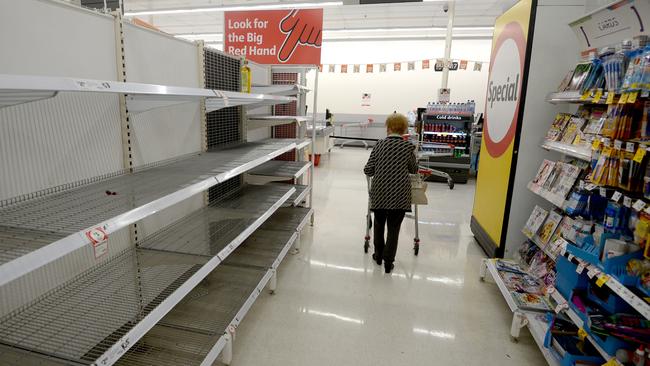
Whether it be Jerome Powell at the US Federal Reserve or Philip Lowe at the Australian Reserve Bank, central bankers are becoming dinosaurs.
As they wallow in the developing mire of coronavirus, they swish their lower interest rate tails, causing the mud to splash. But that’s all. Presidents, prime ministers and treasurers are in danger of becoming just as out of touch with today’s real world.
Yesterday I was fearful that the first day of March rally in shares would be a “dead cat bounce”. I never expected those fears to be realised so quickly. But Powell’s foolish interest rate reduction smashed Wall Street, setting the world up for more share declines.
I will talk about the essentials of any Morrison-Frydenberg stimulus package below, but I fear that our politicians, like central bankers Lowe and Powell, are operating with a now useless rule book.
So let me introduce them to a fear-driven world where lower interest rates and badly structured money sprays make things worse.
After the Australian interest rate cut, I walked into a supermarket and found they were out of basics like toilet paper rolls. An old acquaintance came up to me and asked whether it was safe to fly to Tasmania. Earlier I was with a medical person whose family was planning to return to Italy for the christening of their granddaughter. Both the trip and the christening have been postponed. People like me in their 70s and 80s fear the 15 per cent death date from coronavirus.
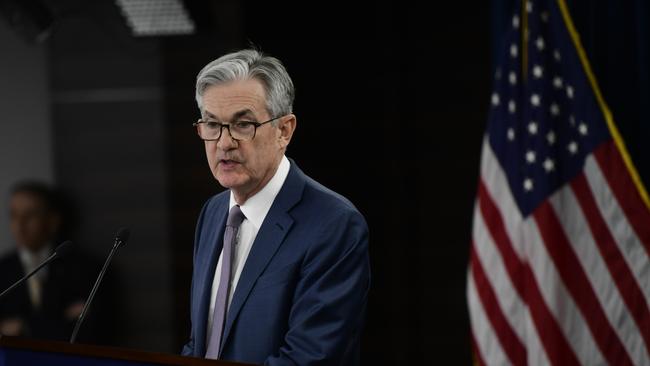
Soon after Powell announced his sudden interest rate cut, CNBC’s Jim Cramer declared on TV: “I am now nervous. I am more nervous than I was before”. Former Morgan Stanley Asia chairman and current Yale professor Stephen Roach declared the US Federal Reserve was “a fish out of water in the virus fight”.
Powell thought his rate cut would help shares. Instead, the Dow index slumped. In Australia on Tuesday our shares lost half their earlier gains when Philip Lowe cut rates. And then came the Powell blows.
It’s easy to laugh at the toilet paper panic and irrational Tasmanian travel fears. But let’s go across to university land, where a large number of our biggest universities have locked in their staff costs for 2020 but have no idea how many students will confirm their enrolment in a week or so. Many students are marooned in China.
At least one university has engaged a team of software writers to further adapt their courses for online study: something they should have done years ago. If enrolments fall universities will lose large sums of money, and so will have to borrow or tap reserves. Wherever they can, they are slashing building programs. Current projects that are too far into construction must continue. But few of the buildings made economic sense because the bricks and mortar requirements of most universities are in decline. Many are now thinking of “the impossible”: how they will reduce staff if the crisis extends. Many of the staff on the campuses are getting as whiff of what might be ahead. Philip Lowe’s rate cuts intensified that fear.
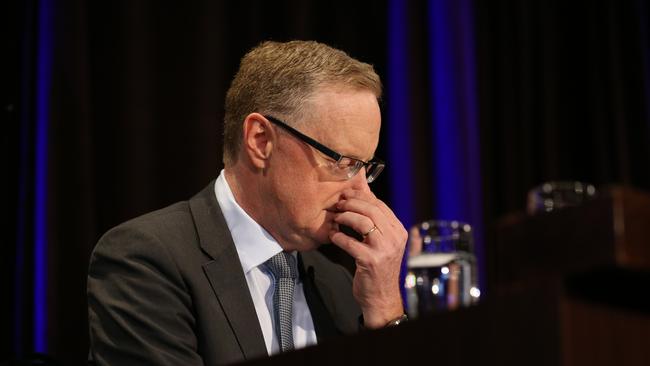
My plumber mate still can’t get the parts he needs to finish his jobs. He awaits the China supply chain being restarted and finally getting around to supplying Australian orders. As I pointed out yesterday, China is trying to get its factories producing again and how long the supply chain crisis lasts will depend on whether production resumption lifts the infection rate.
As I moved around yesterday, I dropped in to Polytan, which has exploited our regional dominance in field hockey and other sports to make and export artificial surfaces and yarns.
Australia made the hockey pitch surface for the Tokyo Olympics, as we have done in previous games. Our main competitors are manufacturers in China. Not surprisingly, Polytan is flat out.
If we are smart and invest, we can compete in this new world.
Forget the dinosaurs in the central banks, our politicians have to start planning for a different future and while immediate cash might be required it’s making the required structural changes that will have the biggest impact. And so, universities might need cash, but their greater need is visa requirement easing to compete with the new UK rules. We need to modernise our equipment and increase research, so we need investment tax rules that compete with the US.
And as I have written so often, any stimulus package must start by increasing the speed of money flowing around the business community and getting members of the Business Council, led by CIMIC, to pay quickly. We will need to trade higher base salaries for greater flexibility.
And from there we move to stopping unfair contracts and changing the way we administer business tax. We will need to spend money keeping some enterprises afloat, but the traditional Treasury formula of big money sprays may not work against the virus fear. Rectifying the longer-term structural gaps to lift confidence is far more powerful than simply throwing money around.
It’s important that our politicians don’t join the Powell-Lowe dinosaur club.


